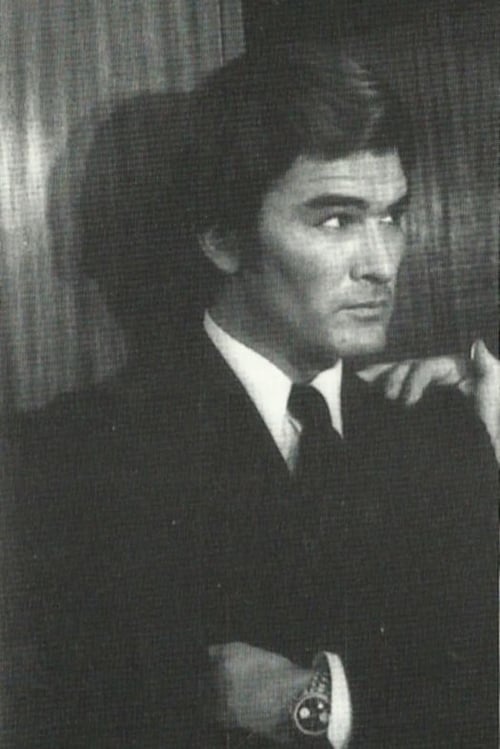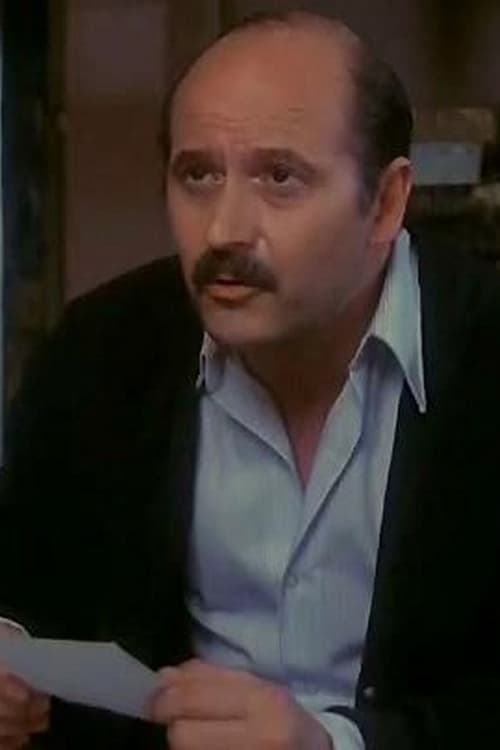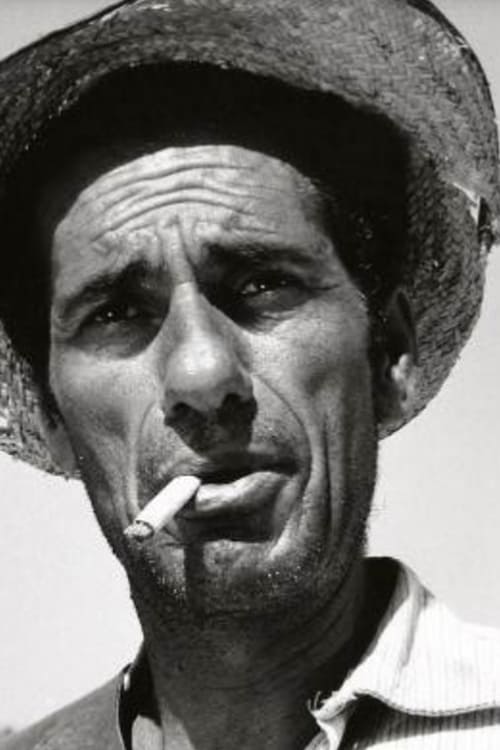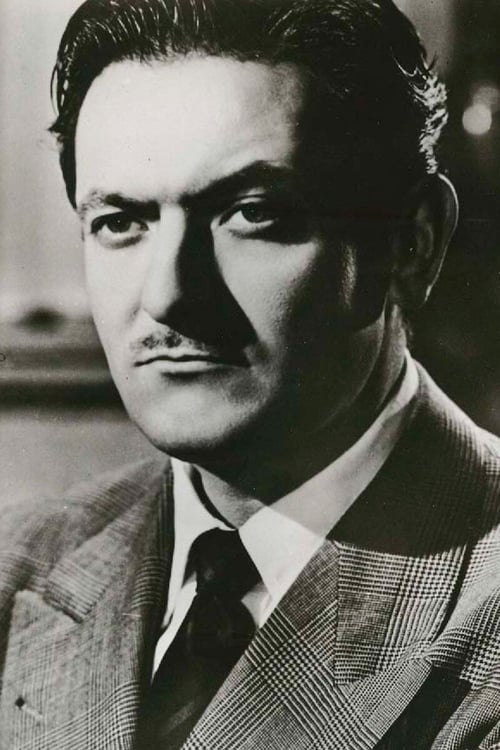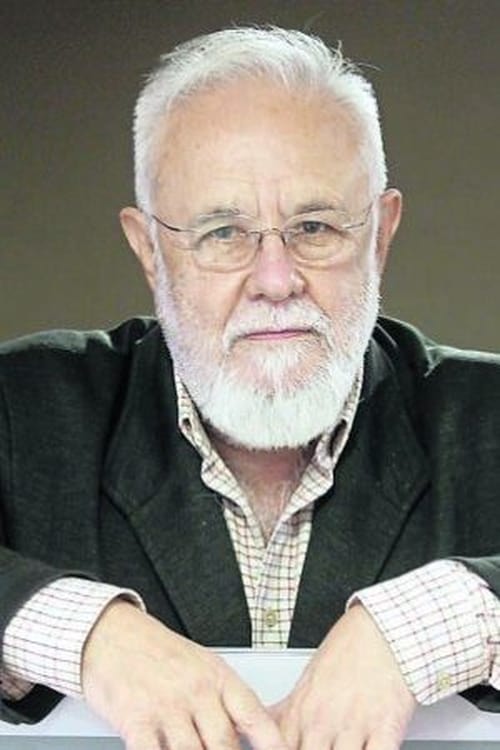De cuerpo presente (1967)
Género : Drama, Comedia, Crimen
Tiempo de ejecución : 1H 33M
Director : Antonio Eceiza
Sinopsis
Nelson es envenenado por Barlow después de besar a Mairin, amante de éste. Cuando va a ser enterrado Nelson resucita y, desde ese momento, será perseguido por Barlow para rematar lo que parece no consiguió antes.

The real story of Quilombo Olho d'Água from Serra do Talhado, in the state of Paraíba, Brazil, which became institutionally isolated from the rest of the country. Quilombos were runaway slave communities in colonial Brazil.
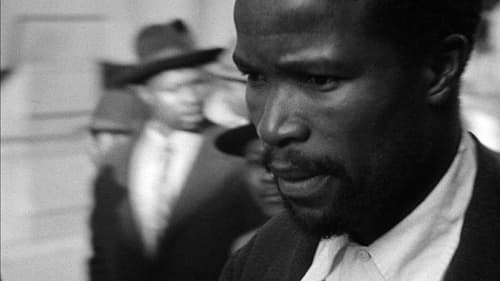
Come Back, Africa chronicles the life of Zachariah, a black South African living under the rule of the harsh apartheid government in 1959.

The problem of slum dwellings in the 1930s.

This is a montage of different images from the JFK, Martin Luther King and Bobby Kennedy triumphs and assassinations, all three events being observed by Lyndon Johnson as the dark figure who is plotting the anti-black rights movement.
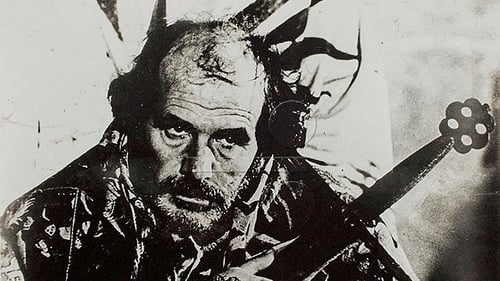
Díaz II (Francisco Rabal), antiguo dictador, delira en su castillo esperando de un momento a otro la venganza de sus víctimas...

Half a century ago, Brazilian composer and musician Antonio Carlos "Tom" Jobim (1927-1994) introduced bossa nova to a worldwide audience with "The Girl from Ipanema." This relaxed, cool, sensuous music blended jazz and samba. After recording an album of songs by his friend Jobim, Frank Sinatra is reported to have said, "I haven't sung so quietly since I had laryngitis." Naturally, "The Girl from Ipanema" and Frank Sinatra are featured in this musical collage of countless seamlessly edited excerpts of concert footage that cover decades of events all over the world: from Rio de Janeiro to Lisbon, Paris, Copenhagen, Jerusalem, Tokyo, Montreal, New York and back to Rio.

A man endeavors to collect memories of his grandparents who died in a concentration camp during the Holocaust.

In a freshwater pond, it's "eat or be eaten." A dragonfly larva eats a midge; a water beetle larva eats a damselfly larva. Snail larvae grow. A beetle larva eats one. Up close, we see the eating apparatus of a damselfly larva—with a retractable hook beneath mandibles. Some creatures bite and chew, others suck. A water beetle larva holds on to its prey, injects a poison that turns the victim's insides to soup, and then sucks it dry. We watch one eat a damselfly larvae and then another water beetle larva. Some have ingenious ways to camouflage themselves, like the water scorpion, and to breathe air while hunting under water. Caddisfly larvae hide in debris, then eat.

This documentary chronicles an Yves Montand concert for Chilean refugees in France.

From his diary, filmed over ten years, filmmaker Alain Cavalier invites us to a meditation on old age, weakness and death. Made of moments of life, fragments of images, this film composes a mosaic where the spectator is invited to also find his place by himself...

38 años después de "Belle de jour" de Luis Buñuel, dos personajes de la película vuelven a cruzarse con el misterio de un secreto que sólo conoce el personaje masculino y cuya revelación es imprescindible para el personaje femenino. Aunque ella le evita, él sigue sus pasos hasta que finalmente consigue que le preste atención al confesarle su intención de revelarle el secreto. Fijan una cita, una cena durante la cual ella, ahora viuda, aguarda la esperada revelación: qué es lo que él le dijo a su marido cuando éste estaba mudo y paralítico por un disparo efectuado por un amante de ella. La situación es tensa y ella termina sin saber qué es lo que realmente pasó. Se trata de la venganza de él porque la mujer nunca le permitió poseerla.

In 1966 I came up upon a book of Meher Baba, the Indian guru/scientist, in which he said that there are three great holy places in Europe: Avila, Assisi, and Fatima. In 1967, I decided to visit Avila where I had an enlightening experience. This is a filmed record of my visit to Avila, with my voice telling how I felt there and what happened (especially with the little dogs).

An army pilot is visiting the home of another army pilot in a neighboring country, and falling in love with his sister, when war breaks out.

Una pelota blanca de ping-pong va flotando por un riachuelo hasta que la encuentra Bilgee, un niño de Mongolia. Su abuela le dice que es una perla resplandeciente que ha caído del cielo. Él se cree la historia y se pasa toda la noche en la pradera con sus dos mejores amigos: Ergotor, que no sabe montar a caballo, pero sabe conducir una moto, y Dawaa, que es muy pequeño, pero nunca se rinde. Sin embargo no llegan a ver el ansiado resplandor de la pelota y todo lo que consiguen es que sus padres les den una paliza cuando regresan a casa. Durante el festival anual de Nadam, los niños confunden la «perla resplandeciente» de Bilgee con la pelota de golf que ven en una película. El proyeccionista les sacará de la confusión y provocará el desencanto de los niños.
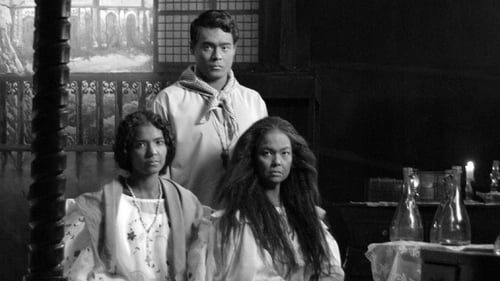
Early 20th century Philippines. The sounds of war signal the arrival of the Americans. A mother and son flee to the mountains, hoping for a quiet life. One day, the son discovers a wounded woman in the middle of the forest, and decides to bring her home.

A young schoolboy tries to help the girl he likes to pass a test.

The Fall of the Romanov Dynasty was pieced together by documentarian Esfir Shub from material recorded between 1913 and 1917, and represents the final years leading up to the Russian Revolution. Through editing, Shub casts a critical, ironic light on the former czarist regime. The Fall of the Romanov Dynasty is the first film in Esfir Shub's trilogy that continued with The Great Road (1927), and concluded with Lev Tolstoy and the Russia of Nicolai II (1928).

Elem Klimov's documentary ode to his wife, director Larisa Shepitko, who was killed in an auto wreck.

Centuries of June, perhaps more than any Cornell film, is a naked attempt to capture the soul of a place and the mood of a disappearing moment.

México, años 40. Ignacio Jurado -Luis Felipe Tovar- es un camarero más bien callado y solitario. Sus días transcurren entre el café Ofelia y su colección de fotos pornográficas. Sin embargo, todo cambia cuando en su vida irrumpe Lola -Ariadna Gil-, una prostituta española no exenta de cierta ternura, autodestructiva e imprevisible. Entre ambos surge una relación sadomasoquista. El Mikado será capaz de hacer cualquier cosa por hacerse merecedor del amor de Lola... cualquier cosa, incluso matar a Franco.





